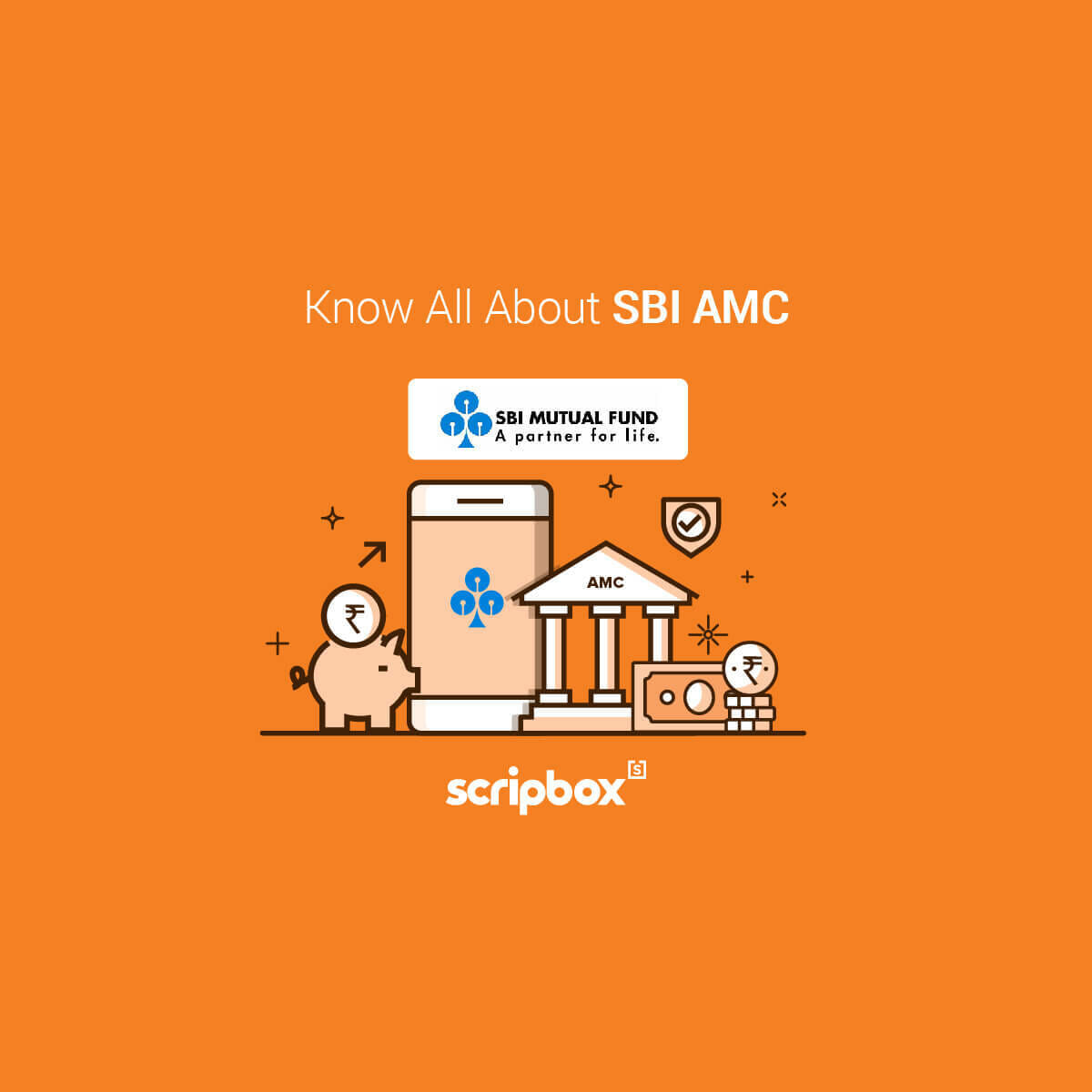Investment for freelancers is possible. Moreover, the only routine for freelancers is having no routine. This is true with their work and their income. With irregular income, money management can be tough. You are aware of their outflow of money through expenses but not the inflows. Just a well-devised plan is all you need. Here are few investment tips for freelancers that will help you with the development of the plan.
6 Investment Tips for Freelancers
- Emergency fund: Emergency fund for freelancers should cover expenses for a year. The fund should cover household as well as the fixed business expenses. It should be available in the form of cash at the bank. Apart from this, contingency money should be held in liquid and debt. This will come handy in case of any emergencies apart from the regular household expenses. The fund will also help you keep a tab on your expenses and save you from the costly credit card loans and personal loans.
- Separate your personal and business expenses: Make a clear distinction between your personal and business expenses. Pay yourself a salary. This will provide a clearer picture of your financial plan. This will also prevent financial stress to spill over from professional to personal life and vice versa.
- Insurance: Make sure you have health and life insurance for yourself. This will help in covering the hospital expenses or in case of emergencies. The life cover should be 10 times that of your annual income. Health insurance becomes important because you do not have an employer who provides for it.
- Create other sources of income: With your income being irregular, having regular income becomes important. The second stream of income will provide stability to your life. Invest in assets that give you a regular income. Like the dividend plan in mutual funds, investments that earn interest income or real estate in the form of rental income.
- Invest in mutual funds: Mutual funds allow you to invest in lumpsum and through SIP. But SIP is not an option for people with irregular income. Hence a suitable investment strategy will be Systematic Transfer Plan (STP) wherein an investor invests a lumpsum amount in one scheme and regularly transfers (i.e. switches) a pre-defined amount into another scheme (of same fund house). Therefore, the lumpsum amount that they have can be invested in Debt and Equity funds. This amount can be transferred from Debt to Equity in a rising market scenario and vice-versa in a falling market scenario. This way, they are leveraging the interest/ income from debt, which is usually higher than the savings/ current account appreciation. By doing this, one can average out the risk exposure that they have in the equity market.
- Plan for retirement: In the absence of EPF benefits it is important to have a retirement plan in place. Invest in mutual funds, PPF, and NPS for the purpose of retirement. Investing in multiple sources will help you diversify your investments.
Having followed these tips, investing can be easy with irregular income too. Invest with Scripbox. We are always ready to assist at Scripbox.com


















Show comments